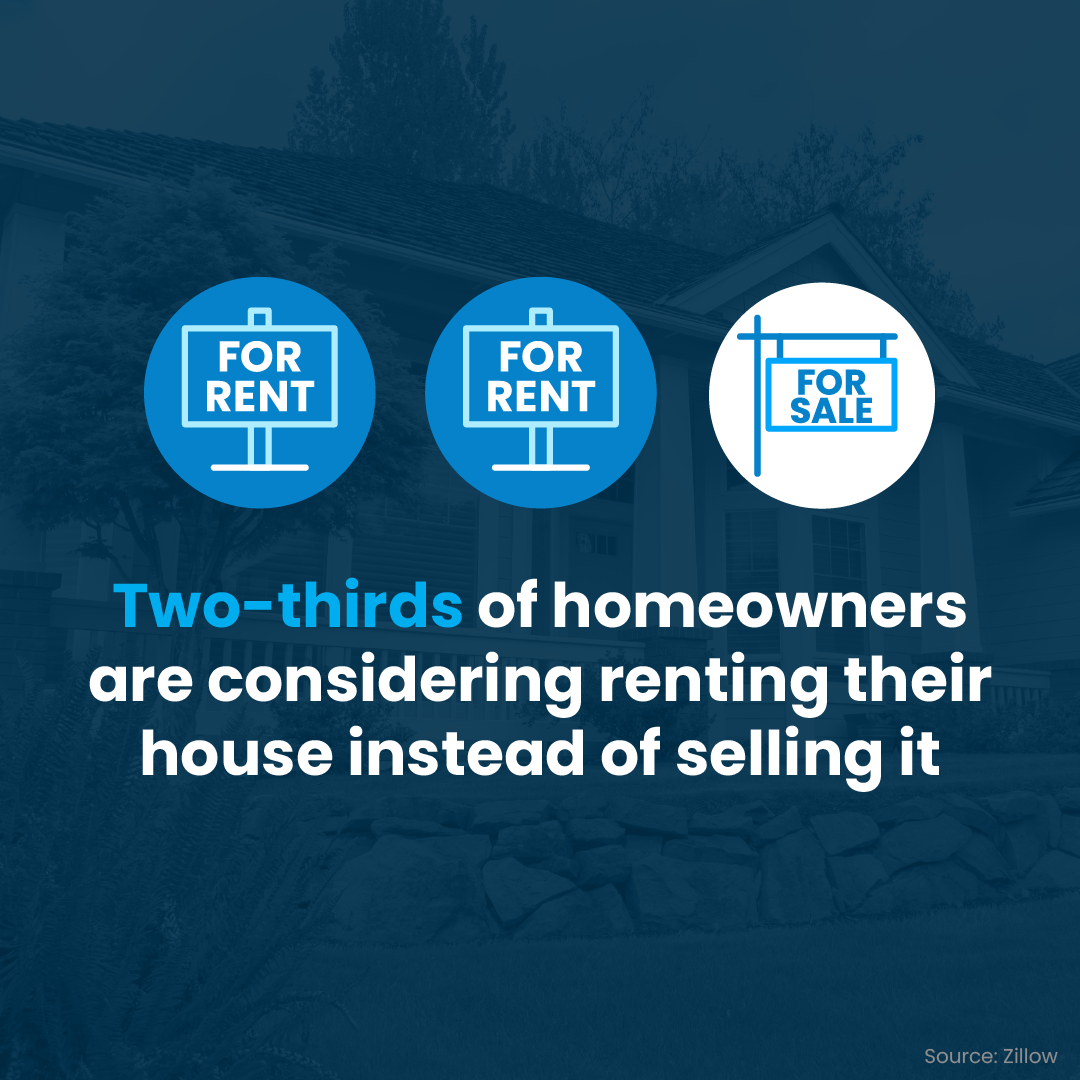2025 California Landlord Tenant Laws

The San Diego City Council has introduced new and stricter tenant protection laws that will significantly impact how landlords operate in the rental market. These regulations not only limit the circumstances under which landlords can remove tenants but also impose new obligations for relocation assistance in cases of no-fault evictions. This article will outline the new tenant protection ordinance and its implications for landlords and renters in San Diego.
Table of Contents
- What is the new renter protection law in San Diego?
- Do these laws apply to the City of San Diego, the County of San Diego, or both?
- Why were these changes made?
- Disadvantages of the new tenant protection laws
- Who voted for the legislation?
- Impacts on tenant rights
- New paperwork requirements for landlords
- Implications for tenants who don’t pay rent
- Changes to at-fault evictions
- Rules for evictions due to remodeling
- Downsides of the new tenant protection laws
- What to do if you oppose these laws
- Exemptions
- Tenant Resources
What is the new renter protection law in San Diego?
On April 25, 2023, the San Diego City Council approved new tenant protection laws in an 8-to-1 vote. These laws impose stricter requirements for landlords and increase protections for tenants. Under the new rules, landlords must provide relocation assistance equal to two to three months of rent for no-fault evictions, with three months’ rent required for seniors (62+ years old) or tenants with disabilities.
Previously, San Diego’s rental regulations were among the most lenient in California. However, the new ordinance surpasses statewide standards set by AB 1482 (Tenant Protection Act of 2019) in several areas:
- Relocation assistance is higher (two to three months of rent compared to one month under state law).
- Protections start from the first day of tenancy, rather than after 12 months.
Do these new tenant protection laws apply to the City of San Diego, the County of San Diego, or both?
These laws apply exclusively to rental properties within the City of San Diego. They do not extend to properties in the unincorporated areas of San Diego County.
Why were these changes made?
The new regulations aim to address concerns about unfair evictions and unscrupulous practices by landlords. Proposed by Mayor Todd Gloria and Council President Sean Elo-Rivera, the changes include:
- Immediate tenant protections upon move-in.
- Increased financial accountability for no-fault evictions.
- Stricter oversight of substantial remodel evictions to prevent abuse.
Disadvantages of the new tenant protection laws
While tenant advocates support the new ordinance, many landlords express concerns about its potential consequences:
- Increased costs: The relocation assistance requirements place a financial strain on smaller, non-corporate landlords.
- Reduced rental inventory: Higher costs may drive some landlords out of the market, reducing the number of available rental units.
- Difficulty in making repairs: Stringent regulations may discourage landlords from undertaking necessary renovations.
Who voted for the legislation?
The ordinance passed with an 8-to-1 vote. Councilmember Jennifer Campbell (District 2) was the sole dissenting vote. Amendments proposed during the process included delaying implementation for certain landlords and requiring landlords to notify the San Diego Housing Commission of at-fault evictions.
How do the new tenant protection laws impact tenant rights?
Under the new rules, tenants gain additional protections beyond state requirements:
- Protections apply from the first day of tenancy.
- Relocation assistance of two to three months’ rent for no-fault evictions.
- Stronger safeguards against evictions for remodeling.
- Requirements for landlords to provide tenants with educational resources and relocation options.
What new paperwork do landlords need to provide?
Landlords must now give tenants a Tenant Protection Guide prepared by the San Diego Housing Commission. Existing landlords have 90 days to distribute this guide once it becomes available.
How do the new laws affect tenants who don’t pay rent?
Tenants who fail to pay rent or violate lease terms are not protected by the new laws. However, landlords must provide written notice and allow time for tenants to address violations before initiating evictions.
Changes to at-fault evictions
For at-fault evictions, landlords must:
- Notify tenants of lease violations and provide time for correction.
- Report at-fault evictions to the San Diego Housing Commission.
San Diego evictions for remodeling
Landlords seeking to evict tenants for substantial remodeling must:
- Obtain necessary permits and share them with tenants.
- Provide a written termination notice outlining:
- The scope of work.
- Reasons the tenant cannot safely remain.
- Why the remodel requires vacating the property for at least 30 days.
- Offer relocation assistance as required.
What are the downsides of the new tenant protection laws?
Landlords argue that the new rules could:
- Increase housing costs by reducing the rental supply.
- Discourage investment in rental properties.
- Create administrative burdens for property owners.
What to do if you oppose these laws
If you disagree with the new regulations, you can contact your City Council representative to share your concerns.
Exemptions
The following are exempt from the new ordinance:
- Single-family homes not owned by corporations or real estate investment trusts.
- Accessory dwelling units.
- Section 8 housing.
- Properties where tenants share a kitchen or bathroom with the landlord.
Landlords must provide written notice of exemptions at the time of lease signing.
For additional resources or questions about managing your property under these new regulations, contact Seabird Property Management. Our team is here to help you navigate these changes and maintain compliance while protecting your investments.




